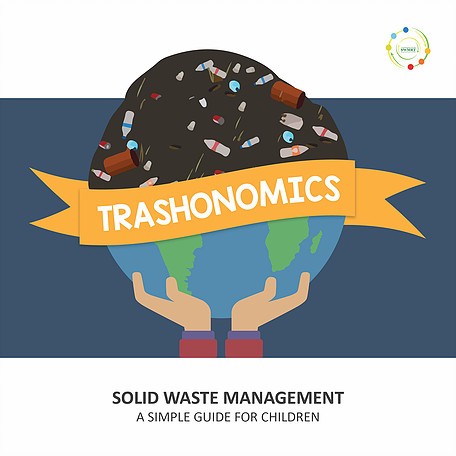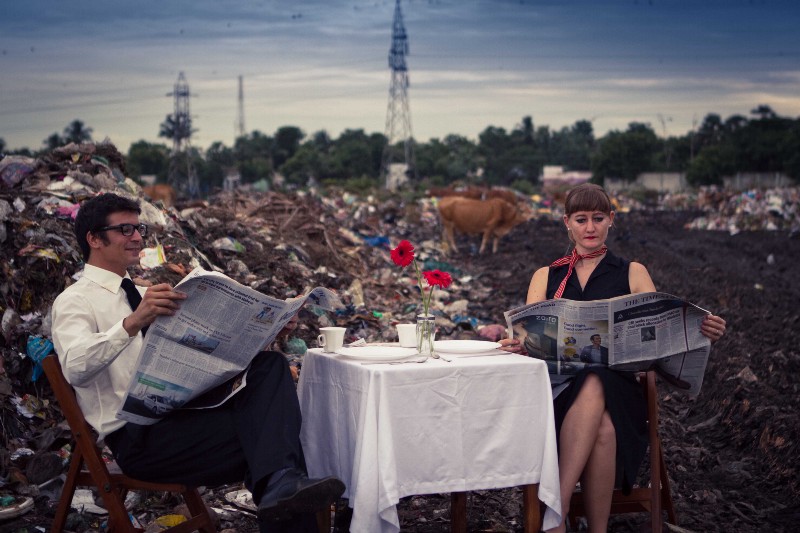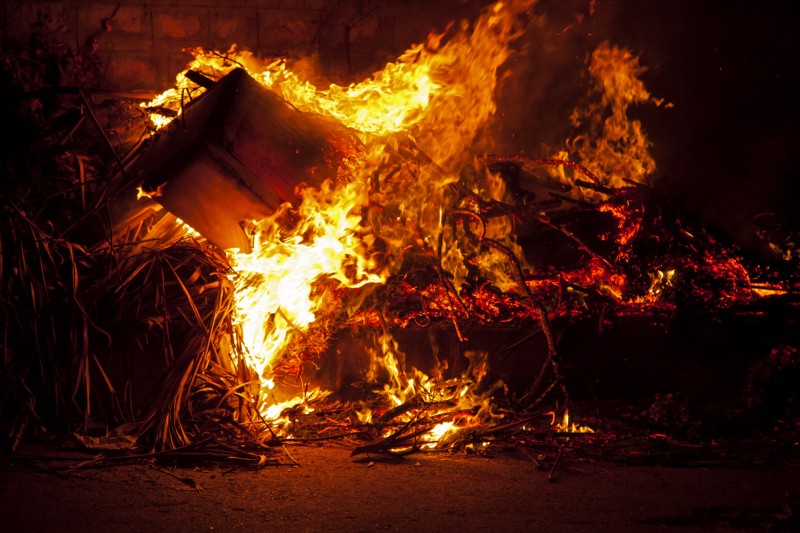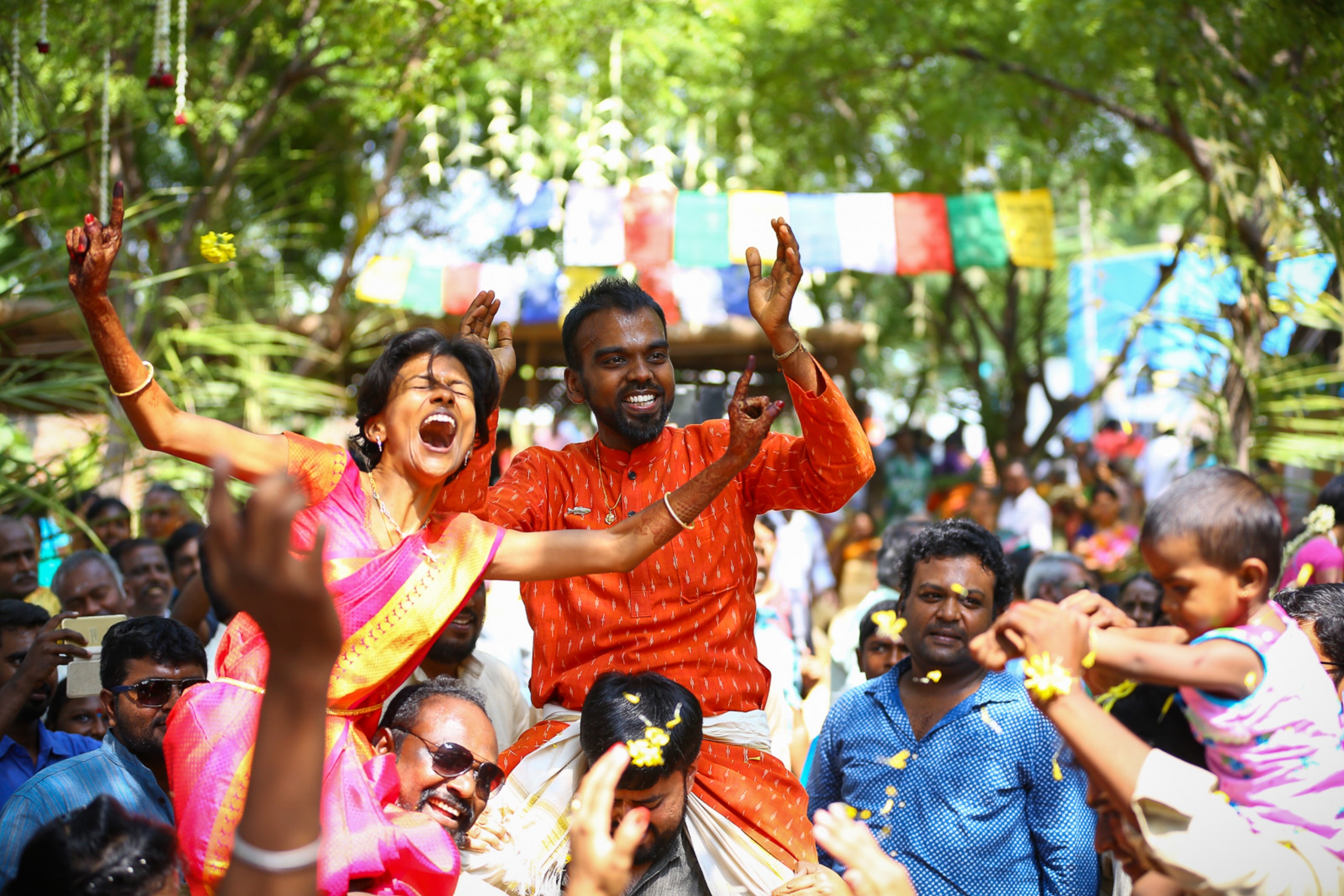Trashonomics Teaches Children How To Turn Waste Into Wealth

When I look back to my Environmental Science curriculum and how it addressed the issue of waste, the only thing I remember being taught was to throw waste into the dustbin for otherwise, as the illustration of the boy slipping on the banana peel warned, it could cause injury and harm to others. And that was it.
I am talking of over a decade ago when the threat of climate change was not looming large over us and Bangalore was not facing the burgeoning garbage problem it is today. As kids, we threw all our waste in the same bin and forgot about it. We hadn’t heard of composting and recycling was not something discussed over dinner. But then, it was also a time when we returned used soft drink bottles and carried our own steel containers when we ordered take-away.
Trash, here today, here tomorrow
But, for children growing up in today’s consumerist culture, it is important to be introduced to questions of conscious consumption as early as possible. Faced with the detritus left behind by their predecessors, it is now up to children, as future consumers, policy-makers, and leaders to understand the impacts of their consumption and disposal patterns on the environment and on those who will follow them. It is critical that as they rally for larger social transformation, they understand the value of individual behaviour change. It is they who will demand more effective and responsible government and industry as they open their eyes to the exploitative, resource-intensive systems of today.
Trashonomics, authored by Claire Rao and Archana Prasad Kashyap of the Solid Waste Management Round Table (SWMRT), addresses the pressing issue of Bangalore’s solid waste problem in a slim volume packed with interesting facts, colourful pictures, and delightful illustrations by Sahil Kutty.
The book is meant for middle and high school students and its central focus is that waste can be turned into a resource if it is properly segregated at source. Its 5 chapters teach students to differentiate between the types of waste and how to segregate them at source so they continue to be useful to us. The harmful effects of disposing mixing waste and burning are addressed in depth. Students trace the life cycles of organic and inorganic waste and understand what goes into recycling it. The book also deals with the composting of organic waste and the recycling of inorganic waste and explains their benefits. A whole chapter is dedicated to ways of reducing waste by changing consumption patterns, decreasing the use of single-use disposables and switching them with reusables.
While it is about trash, the book is about much else as well. Students are taken on a behind-the-scenes tour of how their waste travels after it is collected from their homes and the impacts it has along the way. They meet the people who collect and manage their waste and understand the hazards of the job. They are also acquainted with the dangers improper waste management poses to animals and birds.
Segregating waste makes the jobs of waste collectors safer (Credit: Abhishek Sundaram/Flickr CC)
In simple language, children are introduced to some common terms and concepts associated with solid waste management. A project section with relevant activities accompanies each chapter making the learning actionable. Reading this book will familiarise children with contemporary issues of solid waste management, help them understand the impacts of their habits, and equip them with the knowledge to make better choices.
The book can be used to supplement the regular curriculum for Environmental Studies or Social Sciences. But, it would also make for some fun weekend activities for children and is a great gifting option.
Trashonomics is available in English and Kannada. You can buy your copy on Pothi, Amazon, Flipkart or 2bin1bag.
Maya is a social researcher by training. Her writing has appeared in Scroll, YourStory and The Alternative. She is the Founder of Eartha and tweets @Maya_Kilpadi.






